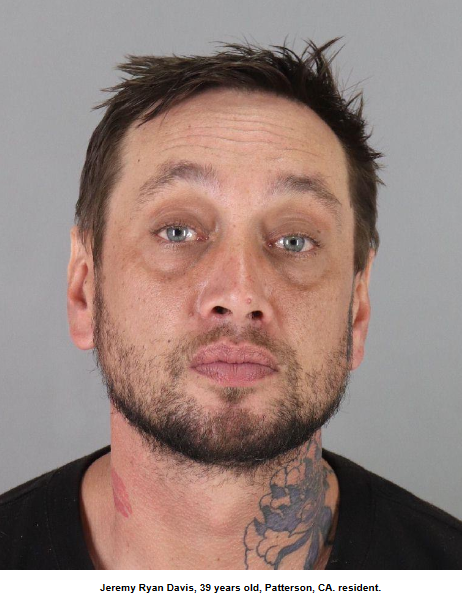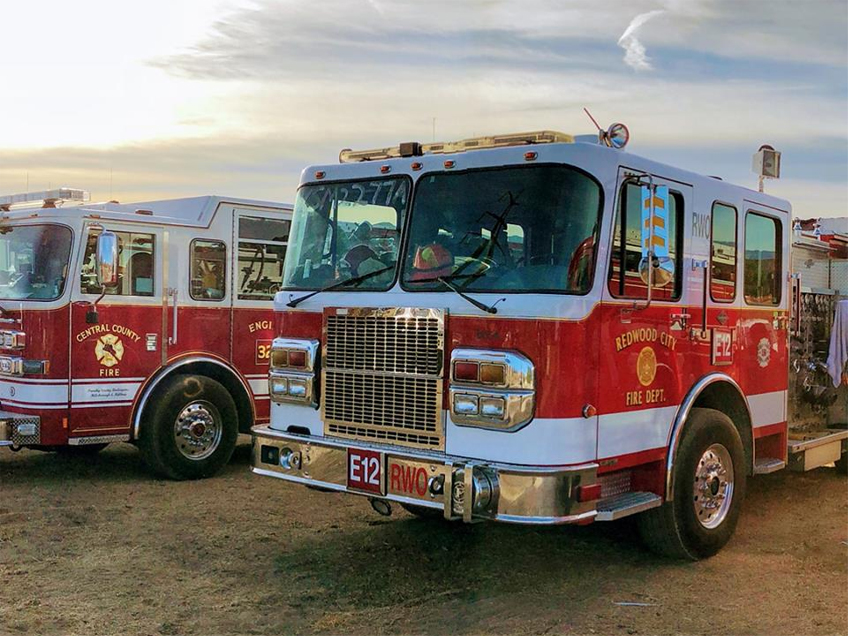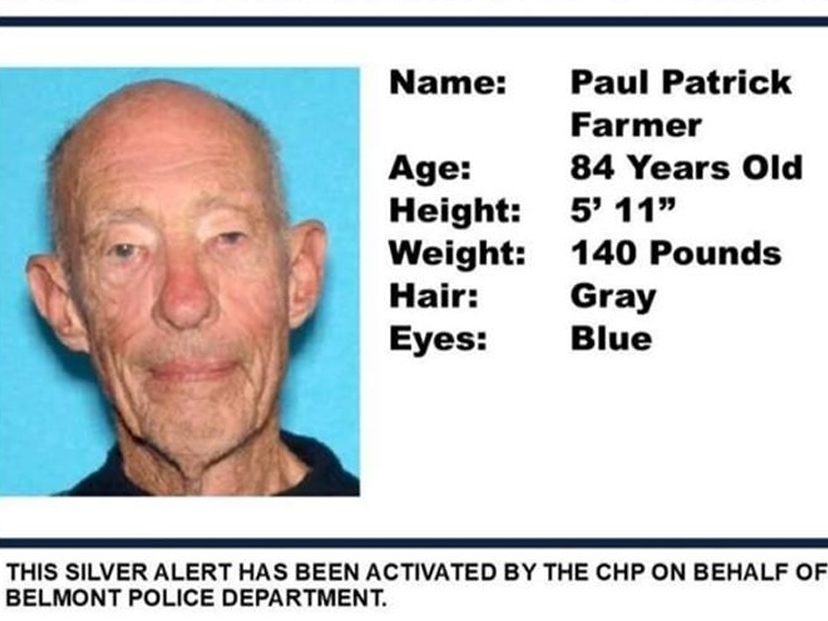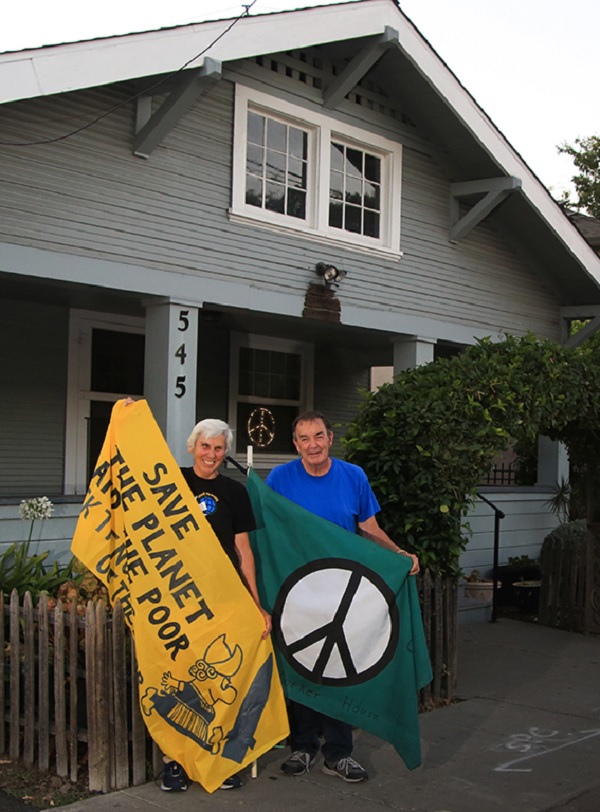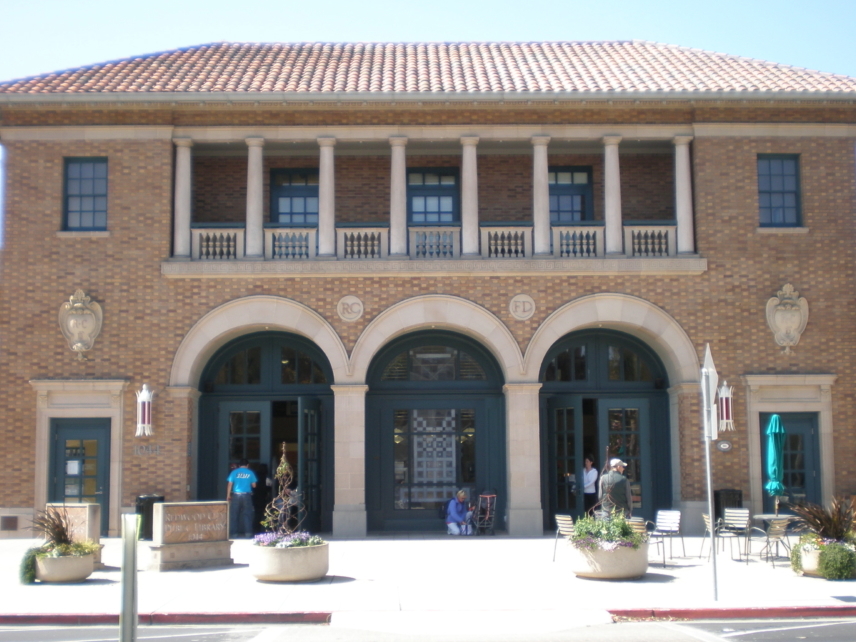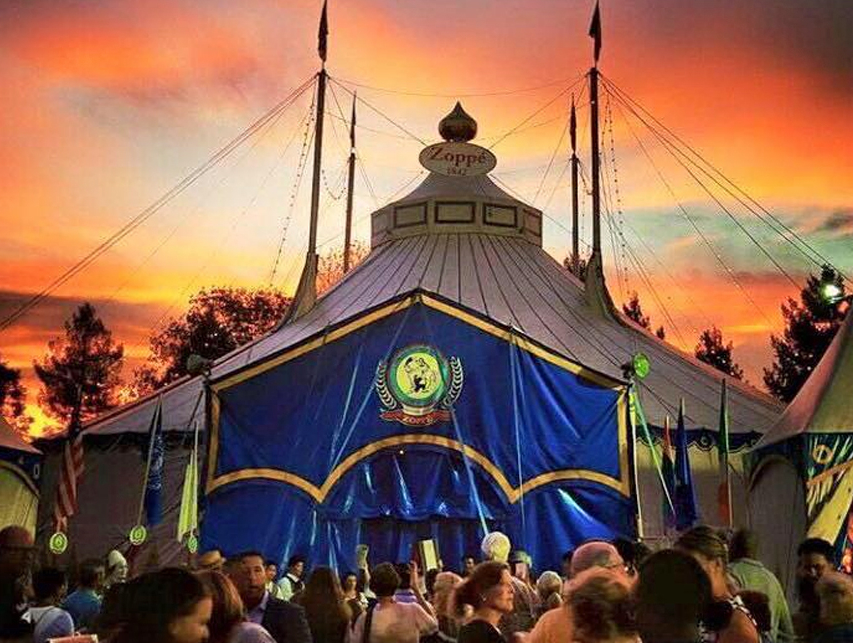Comedian Dan St. Paul: Cleaning up in a funny business
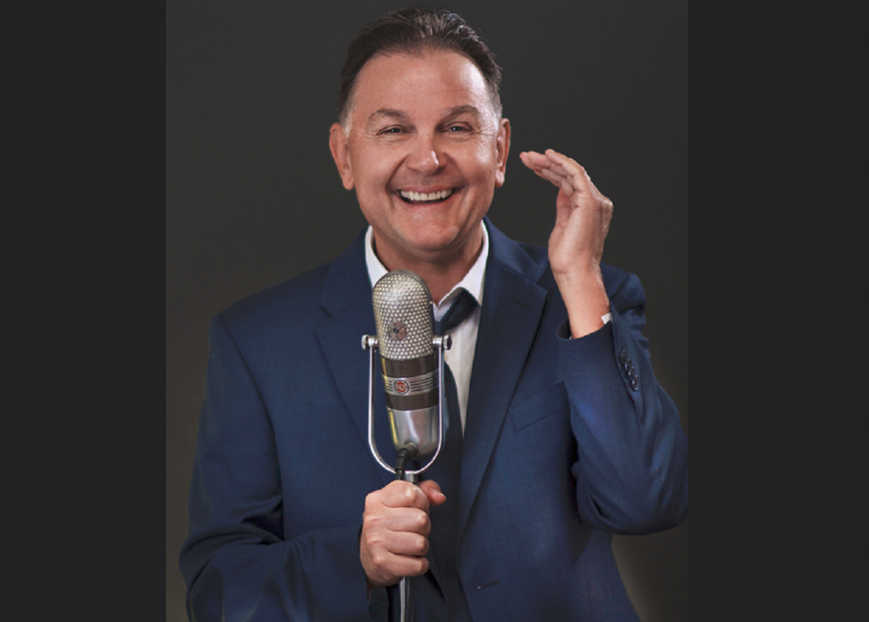
The successful candidate must be able to write the joke. Then say it, with an ear to jettisoning excess verbiage, then get on a stage in front of complete strangers, do the joke, see if it works and cut more words if necessary. Do the same, rinse and repeat, stringing together joke after chiseled joke, for seven or 15 or 40 effortless minutes of leave-them-in-the-aisles laughter.
Can the job be made harder?
Comedian Dan St. Paul manages. Start the career “late.” Eschew vulgarity and work “clean.” And for good measure, leave the Los Angeles entertainment scene behind for … Foster City? Yet 38 years after the former schoolteacher got into the business, this late-blooming stand-up comedian is still standing.
“I know that I’m lucky,” St. Paul, 67, says, during an interview at the kitchen table of his home a stone’s throw from Highway 92. “I’m super lucky that I can do this for a living, not have to punch a clock, not have to get up and fight traffic every day. … But I will say that I’ve had to work hard to do it, not just creatively but businesswise. You always have to look forward to where your audience is going to be, and that’s why I’ve kept it clean.”
The San Francisco native was two years into a career as a special education teacher in the early 1980s when he attended a performance at the Oregon Shakespeare Festival that sent him on a detour, first into acting. “I was watching a production of ‘A Midsummer Night’s Dream’ out there in the Elizabethan theater and it was just magic.” After quitting his job with the Contra Costa County schools, he went back to school to become an actor, working as a waiter and a hospital admissions clerk to pay the rent.
While doing a show, he met an extremely funny woman named Sue Murphy. Their backstage banter left everyone else in stitches so St. Paul suggested that they see if they could bring off a Stiller-and-Meara-style comedy duo. He wrote some sketches and they debuted eight months later at the Holy City Zoo.
“And we killed,” he recalls. “It was like, ‘Oh my God, we’re going to be big stars.’ You know, visions of Nichols and May.”
They were invited back a second week, with a new seven-minute bit. “And we died,” St. Paul says. “We died a horrible death for seven minutes.” Actors — not yet comedians — he explains, they were stuck in the bit and lacked the experience that would come with years of comic trial and error, learning to read the room and “if something’s not working, you move onto something else.”
Which has been his career writ large. As Murphy-St. Paul, they had a seven-year stint headlining at San Francisco comedy clubs but eventually went their separate ways. (A Woodside High School graduate, Murphy went on to a successful comedy career of her own.)
“I was 29 when I started and she was five years younger than me,” St. Paul says. “I said, ‘I’ve got to get down to LA before I age out.’” By then 34, the solo comic relocated there in 1986, where he appeared on several episodes of A&E’s “An Evening at the Improv,” VH-1, and MTV. He has opened for such superstars as Jerry Seinfeld, Garry Shandling and Natalie Cole, and appeared in the Robin Williams movie “Flubber.” He made a lot of contacts in LA and picked up work doing “looping,” improvising dialogue in movies for extras, who are “talking” but not recorded, with the conversation added later.
St. Paul is also star of a one-man play about his own life, “Outer Mission, Middle Class – the Diary of an Immigrant’s Son.” His Italian parents met in an ESL class in 1948 and raised five children; the one who goes by “Dan St. Paul” not only speaks fluent Italian, but recently became an Italian citizen. (He was eligible since his mother was born there; he now has a European Union passport.)
The reason for the professional name? He decided when he joined the Screen Actors Guild that “Scopazzi” could easily get screwed up and opted for something simpler. “I wish it had never happened,” he says. “I wish I was Dan Scopazzi the whole time. But it’s too late to change now.”
Then out bursts a guffaw, which alternates in the funnyman’s infectious personal laugh track with a distinctive pneumatic rat-a-tat of laughter. To wit:
“My parents couldn’t afford Chinese water torture, so they had me play the accordion. (Rat-a-tat.) “I was in rock bands when I was in high school and junior college and I played keyboard and organ. But my left hand just sucked because there were no buttons.” (Guffaw.) “I didn’t know what to do with my left hand.”
The laugh, says St. Paul’s wife, Cara, is “a family thing. His sister has the same laugh.” Laughter, in fact, brought the couple together. Cara Takaha had gone to see a friend, an aspiring comedian trying out at Cobbs Comedy Club in San Francisco, and happened to meet her future husband backstage. Worried that a well-known comedian might not accept, Cara and her friend took a chance anyway and invited him to a Halloween party. He didn’t know it wasn’t a costume party and, with a friend dressed as Joe Buck from “Midnight Cowboy,” St. Paul showed up as Ratso Rizzo.
“It really was that situation where I can’t believe she’s attracted to me because she’s so damn cute,” he says, taking a minor deviation from clean talk. The couple has been married 32 years. Both Cara and son Roy, 28, have jobs in Redwood City. And both are comedy fodder.
“It puts food on the table,” she says gamely, adding that for a comedian, “your art is from your experience. That’s what he knows, being married to me and having Roy. It’s part of comedy.”
St. Paul’s act had always been “relatively” clean but he notes that he came up in the business during a pre-cable period when comedians who wanted to get on TV “couldn’t be dirty.” Even so, he’s always found it “nobler to be able to work that way and not have to resort to be dirty to be funny.” Though he loved Richard Pryor and George Carlin, “I have no pretensions about being like them. That’s not who I am. And I think the best comedy comes from truth.”
A turning point came for the couple after the Northridge earthquake in 1994. Though their townhome wasn’t damaged, their complex was. About the same time, St. Paul auditioned for the Tonight Show with Jay Leno. “I had one of the best sets ever. And I still didn’t get the show.” So they took it as a sign and returned to the Peninsula.
In short order, another door opened. St. Paul ran into a friend who was an improviser and had a job doing funny banter at a trade show. That led to an introduction to a team of comedians who had formed a company that was writing scripts for trade shows. They offered St. Paul work that turned out to be steady and well-paying enough that he could sock away a down payment on his house. He did trade shows for the next six years, until the dot-com bubble burst around 2000.
After that, he got back into doing more stand-up, and put together a second one-man show. He also came up with an idea for an act featuring himself and three other comedian/dads who were at about the same stage in life. One of their first performances was at Club Fox in Redwood City, and after a while the Stand-up Dads were appearing at small theaters around the country. But when the 2008 financial crisis hit, community theaters dialed back their bookings.
Spin forward to 2019 and the (older) comic quartet is reviving the act for several Bay Area appearances, culminating in an Oct. 5 show at Angelicas. “Revenge of the Dads” also features Milt Abel of San Jose, Kelly McDonald of Las Vegas and Tim Bedore of Minneapolis.
The first time around, Bedore says, the jokes were about young kids. “That’s 20 years ago, so now it’s literally talking about distributing your parents’ remains and how that goes, and losing body parts and aches and pains and stuff like that, you know, your age now.” The show was successful, Bedore believes, because audiences could sense that the foursome liked working together. “When you’re working with people you like, somehow the show is imbued with a better spirit.”
Being able to continue at the job St. Paul loves requires marketing, travel and resourcefulness. He also credits two agents (one lines up about 10 weeks of cruise ship jobs a year and the other find gigs for his one-man show.) He does a lot of work for companies, such as employee and customer appreciation events; serves as an emcee; and writes jokes for hire.
Comedy clubs attract a young demographic and St. Paul realized he needed to bring his show to audiences which can relate. “I’m talking about how I have 10 pair of reading glasses at home and I have no idea where they are,” he says. “I tell them how I have a pair of skinny jeans in the closet. They were loose-fit when I bought them 20 years ago. …Young people don’t relate to that kind of material.”
So in the wintertime, St. Paul travels to Arizona and Florida to entertain at retirement communities. “People over 60 don’t do a lot of clubbing. …If you’re retired and living in one of those communities, you want the entertainment to come to you.”
Though he has two education-related degrees and is working on another credential, St. Paul thinks the classroom isn’t the place to teach comedy. There are tips, he concedes — trimming fat to get to a punchline faster and linking related jokes one after another. But to have a career, a comedian needs a sense of humor, a hard shell — and above all stage time.
And the payoff?
“A comedian can think of something and in the next two minutes on the stage start saying it,” he says. “You get immediate gratification and that’s what we live for. It’s coming up with new bits and seeing them work … So that really keeps you going, that constant reinforcement that you’re doing something right – and getting paid for it.”
This story was originally published in the September print edition of Climate Magazine.


